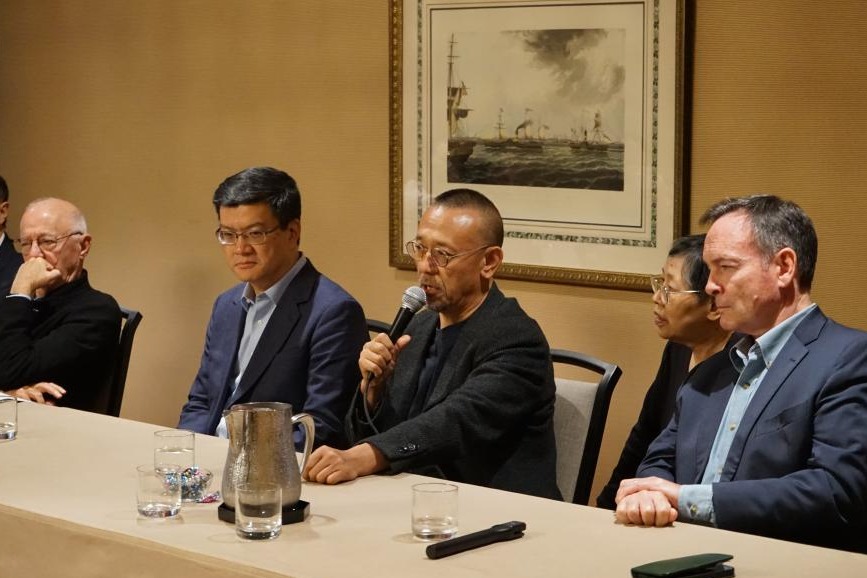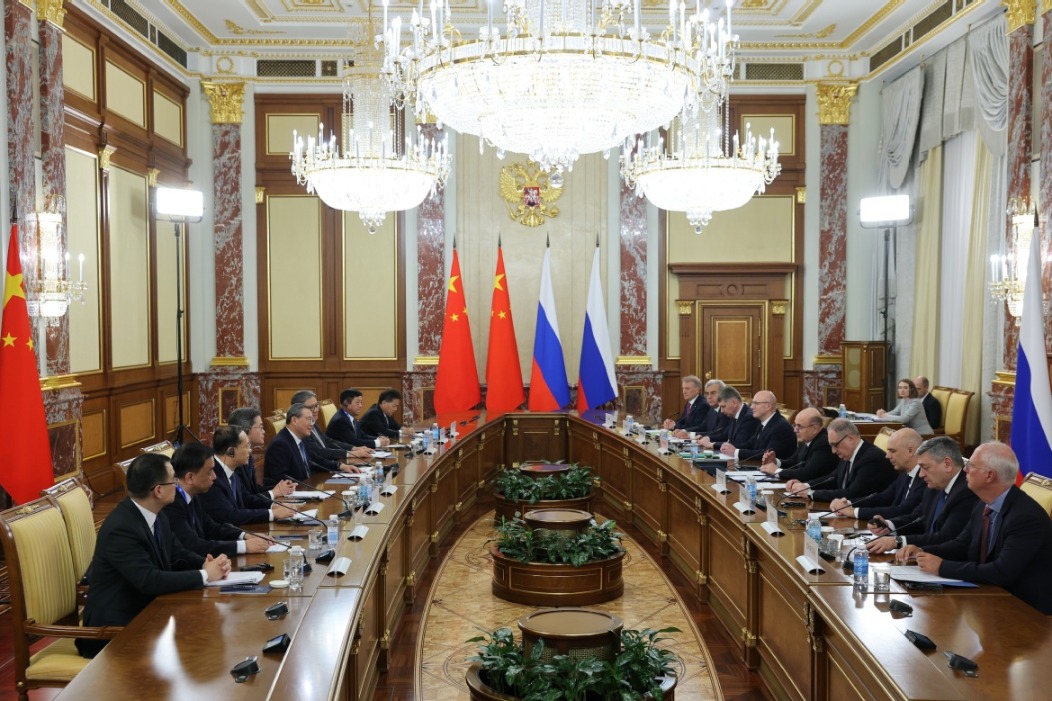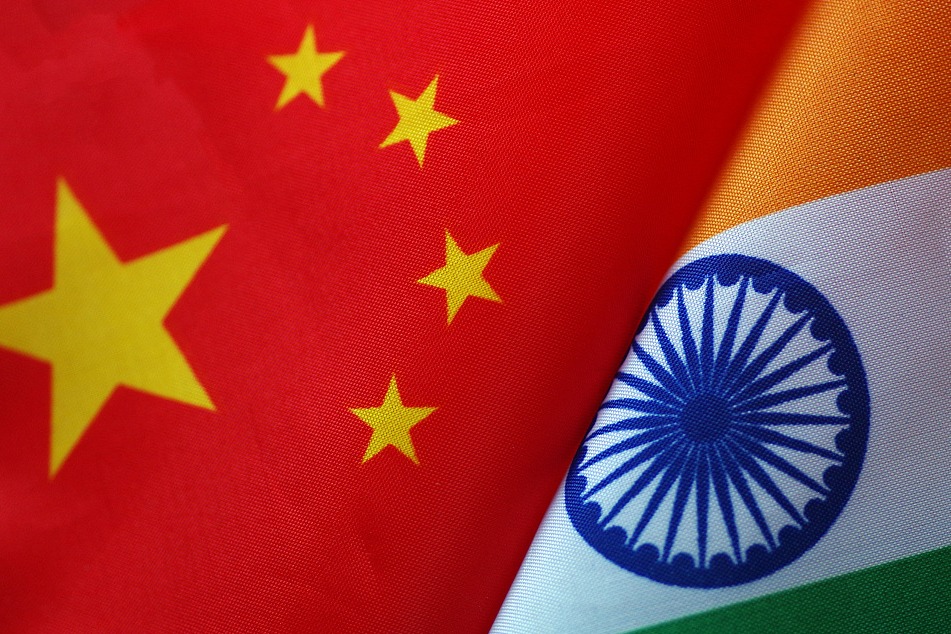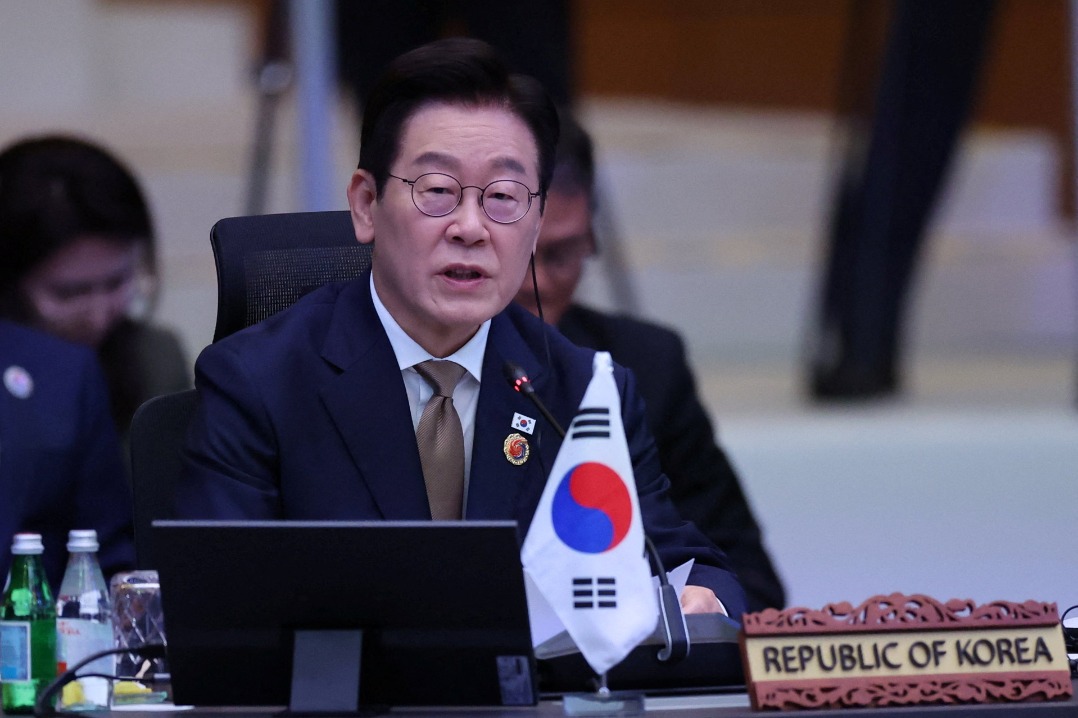Rwanda, China look to next 50 years of good ties

This year marks the 50th anniversary of diplomatic relations between the Republic of Rwanda and the People's Republic of China. The world was a very different place in 1971, when our countries first established diplomatic ties. Rwanda had been an independent country for less than 10 years with a very fragile economy, and China was not yet the political and economic powerhouse it is today.
Compared with when our relationship started, Rwanda and China have now completely transformed. From many aspects, the evolution of our respective countries over the last half a century reflects the changes that have taken place on the international stage and the rise of South-South cooperation.
Rwanda and China first established diplomatic relations in a world where non-Western countries occupied a weak position in the world economy. Neither country had a say in international matters, let alone playing a role.
China's unprecedented economic growth, coupled with its exceptional achievements in poverty reduction and human development, has not only inspired African states but also contributed to global economic development.
Despite having been devastated by the genocide against the Tutsis 27 years ago, Rwanda has experienced a remarkable post-genocide development trajectory and is widely acclaimed for its economic growth, poverty reduction rates, public safety and security. An estimated 1 million people have been lifted out of poverty as a result of sustained economic growth.
Following economic reforms and industrialization in the 1980s, China experienced uninterrupted economic growth, which has led to unprecedented economic development and a great improvement in people's living conditions. In only 40 years, China managed to lift 850 million people out of extreme poverty.
While Rwanda follows its own path, our development model shares similarities with that of China. China's approach to its transformation was based on its own realities, cultural values and traditions. Similarly, the Rwandan strategy has focused on, and continues to focus on, preserving policy autonomy and national sovereignty while utilizing all available foreign resources.
The relationship between Rwanda and China has been continuously reinforced over the years and was further cemented with the visit of President Xi Jinping in July 2018, when he signed 15 bilateral cooperation agreements with Rwandan President Paul Kagame. The agreements signed during the visit focused on strengthening mutual investment in such areas as infrastructure, e-commerce, law enforcement, human resource development, civil air transportation cooperation, geological survey, visa exemption policy and the Belt and Road Initiative.
When taking a closer look, it is easy to understand why our relationship grew so close.
China understands and supports Rwanda's vision and transformation, by offering support in key areas to reach one of our central goals-economic self-reliance and graduating from foreign aid.
In addition, Rwanda has found valuable market opportunities in China by supplying specialty agricultural commodities such as high-quality chili peppers, tea and coffee. This beneficial relationship was made possible thanks to the reforms undertaken by the government of Rwanda by adopting business-friendly policies to attract foreign investors.
In the context of China-Africa cooperation via the Forum on China-Africa Cooperation, which was established in 2000, China continues to support Rwanda's socioeconomic development projects.
The eighth ministerial meeting of FOCAC, which will be held on Monday and Tuesday in Dakar, Senegal, will be yet another opportunity for China and Africa to make new commitments in the next three years.
Expectations from both sides are high, as the meeting will take place when joint efforts are underway to develop strategies for recovery from the COVID-19 pandemic. The Dakar declaration and action plan will undoubtedly cover crucial areas such as health, infrastructure and support for small and medium-sized enterprises, as well as efforts to increase imports from and investment in African countries.
By 2049, which will mark the centenary of the People's Republic of China, China aims to build a modern socialist country that is prosperous, strong, democratic, culturally advanced and harmonious.
Rwanda has for its part set a long-term development strategy aimed at transforming the country into an upper-middle-income country by 2035 and a high-income nation by 2050. The overarching goals for the two strategic visions are economic growth, prosperity, high-quality development and improved living standards for Rwandans.
Relations between China, the world's future economic leader, and Africa, the youngest and fastest-growing continent, as well as between China and Rwanda, will be at the center of the changes that will arise in the decades to come.
As President Kagame recently said during the China-Africa Economic and Trade Expo, "Our firm intention is to deepen our relationship even further in the next half-century of cooperation."
I firmly believe that our cooperation in the next 50 years will be even stronger and more beneficial for our two peoples.
The author is Rwanda's ambassador to China.































